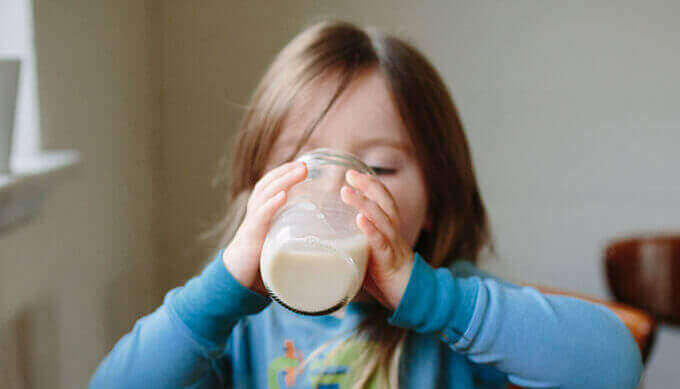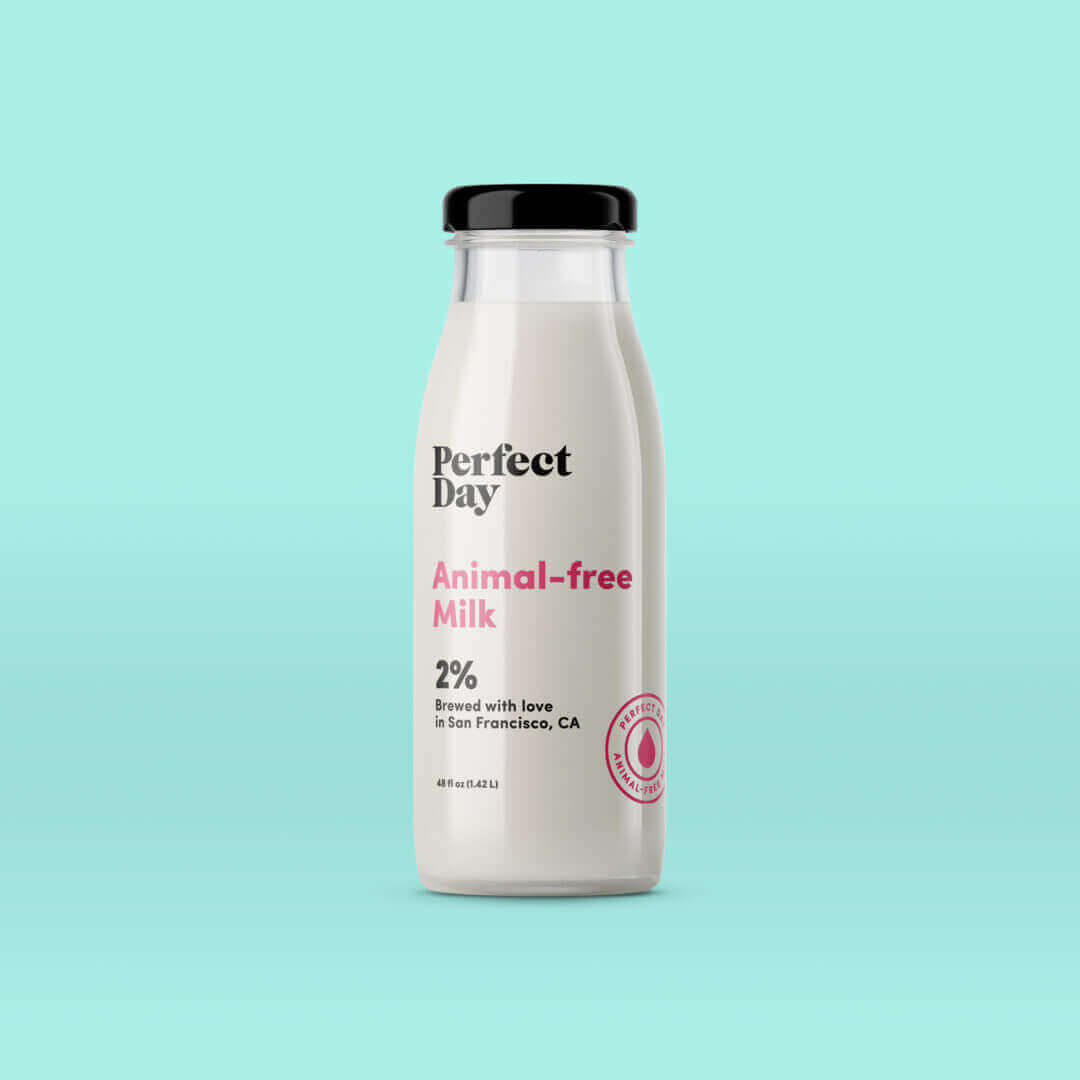Perfect Day is a startup using 3D printing and fermentation to develop animal-friendly milk substitue which doesn’t involve any cows.
Good news for vegans who want an alternative to oat and soya milk: Startup Perfect Day uses fermentation to make cow’s milk without using actual cows. The complicated process even involves 3D printing.
With many consumers moving towards wanting to eat natural ingredients, food companies are struggling to find ways to meet their demands. Sourcing ingredients from nature can be a difficult and expensive process, so instead, companies are turning to fermentation and genetic modification.
The way it works is for scientists to implant desired genes from an animal or plant into a “host” – in this case, yeast. The yeast is then fed with nutrients and sugars in order to stimulate the fermentation process like in Kombucha or Kimchi.
After this, the scientists filter the substance, removing the yeast and its genes. Left behind is the desired ingredient which is purified.

Perfect Day’s 3D Printing Milk Process
Perfect Day is using not only this process, but also 3D printing (bioprinting, to be exact). To develop their animal-friendly milk, they 3D print the DNA sequence of a cow. Information from the US Department of Agriculture has provided them with a specific location in yeast which offers the chance to ferment sugar to make real milk proteins. Perfect Day has named this location “Buttercup”.
The next step is combining the real milk proteins with plant-based fats and nutrients. As a result, out of this comes milk which is lactose-free. Another benefit of this animal-free milk is that it can also be used to make realistic cheese and yogurt. This is because it has an identical chemical composition to regular, non-3D printed cow milk.
As you might have expected, the company is already working on commercializing their milk. Perfect Day’s animal-friendly milk could hit your local supermarket as early as next year.
Not only is this alternative animal-friendly, Perfect Day claim on their website that it uses 65% less energy. Also, 91% less land usage, 98% less water consumption and 84% less green house emissions.
However, as great as this sounds, there is one crucial step to getting this process accepted by consumers. Is it possible to convince people that having technology near food is better than not? The startup believes the best way to do this is to be upfront with the process and eventually they’ll win people over. You can read more about this on their website.
Want to read about other food companies that are also using fermentation to find replacements for ingredients? Read Fortune’s insightful article.

License: The text of "Would You Drink Genetically Engineered Yeast Instead of Cow’s Milk?" by All3DP is licensed under a Creative Commons Attribution 4.0 International License.